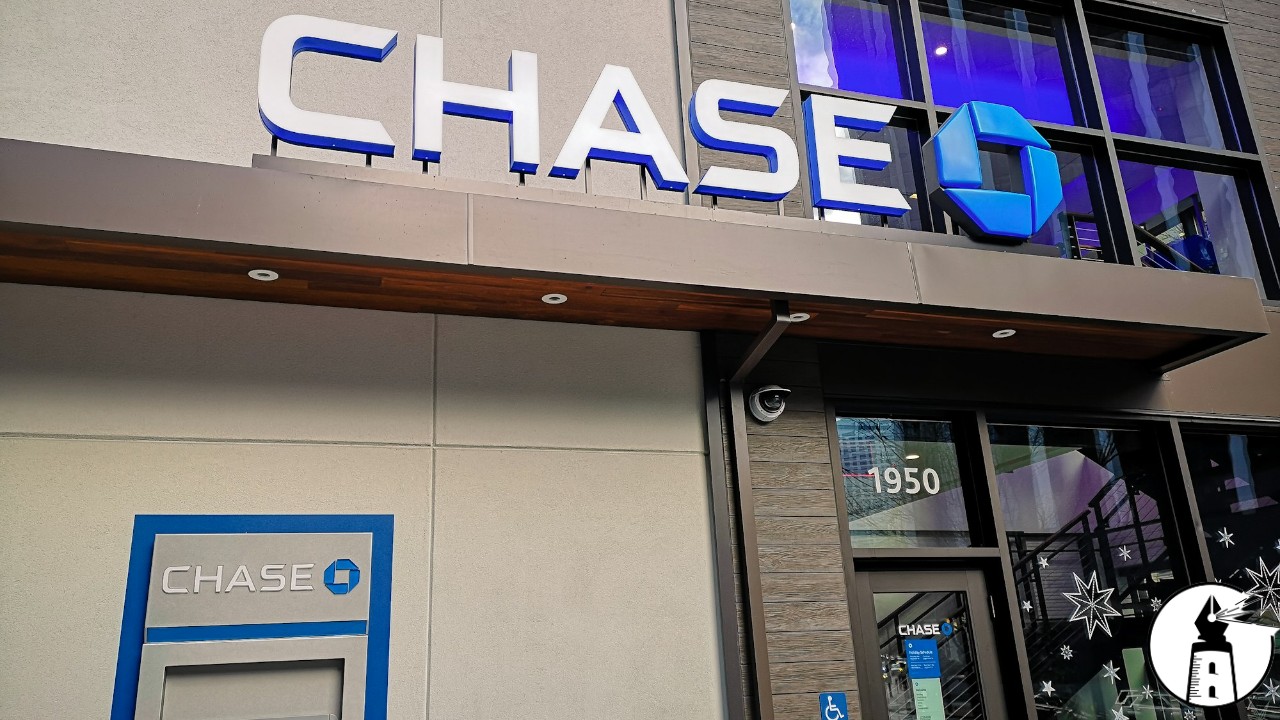In today’s digital age, viral trends spread like wildfire, often luring people into unexpected situations, some harmless, others not so much. One such trend recently took off on TikTok, involving the so-called ‘infinite money glitch.’ It promised easy cash, but, for those involved, it quickly unraveled into a web of lawsuits and legal trouble. This incident offers several critical lessons about integrity, accountability, and skepticism toward social media trends.
The Temptation of Easy Money
In August 2024, videos surfaced on TikTok showing people celebrating as they withdrew large amounts of cash from Chase ATMs. The method involved depositing bogus checks and withdrawing money before the bank had time to recognize the checks as counterfeit. Typically, banks allow limited access to deposited funds before they officially clear, but a temporary glitch in Chase’s system allowed for more generous withdrawals.
What many saw as a golden opportunity to get ‘free money’ was, in fact, a short-lived loophole. Now, JPMorgan Chase has filed multiple lawsuits against individuals who took advantage of the glitch, demanding they repay the money along with interest, fees, and legal expenses. The dream of easy cash has turned into a legal nightmare, with potential criminal investigations looming.
Short-Term Gains Lead to Long-Term Consequences
The ‘infinite money glitch’ is a prime example of how quick profits can come at a steep cost. The individuals involved may have thought they were outsmarting the system, but financial institutions do not take fraud lightly. Chase is pursuing these cases aggressively, making it clear that exploiting vulnerabilities is not a victimless act.
Fraud undermines trust in the financial system and harms everyone, from ordinary customers to businesses that rely on banking security. The legal troubles these individuals now face highlight that dishonest behavior, no matter how easy or tempting it seems, often leads to significant personal, financial, and legal consequences. In life, shortcuts can often become dead ends.
Don’t Believe Everything You See on TikTok
Social media platforms like TikTok are full of trends and challenges—some fun, others outright dangerous. Just because something goes viral doesn’t make it true or safe to follow. The people caught up in the Chase glitch saw posts that glamorized withdrawing stacks of cash without giving much thought to the consequences.
TikTok is great for entertainment, but it’s not a reliable source of financial or legal advice. Following trends blindly can have serious repercussions, especially when they involve fraudulent behavior. It’s essential to stay skeptical, think critically, and question anything that seems too good to be true because it usually is.
A Call for Responsibility and Integrity
This story offers an important reminder that integrity is paramount, even when no one is watching or when the opportunity to bend the rules presents itself. Banks, like all organizations, have vulnerabilities. But exploiting those vulnerabilities not only breaks the law—it also breaks trust, which is the foundation of all financial transactions.
We live in a world where social media can amplify anything—both the good and the bad. The Chase glitch story is a cautionary tale that teaches us two critical lessons: short-term gains can lead to long-term pain, and you should always think twice before acting on something you see online.
Final Thoughts
The allure of ‘free money’ may be strong, but as this story shows, there are no true shortcuts to success. Those who participated in the glitch now face a future of legal battles and financial hardship. Their experience serves as a stark reminder that integrity, responsibility, and critical thinking are essential in today’s world, both online and offline.
Overall, it’s far better to earn success the honest way than to risk everything for a fleeting moment of ill-gotten gain. And remember: not every trend on TikTok is worth following; some can lead you straight into trouble.
—By Greg Collier


